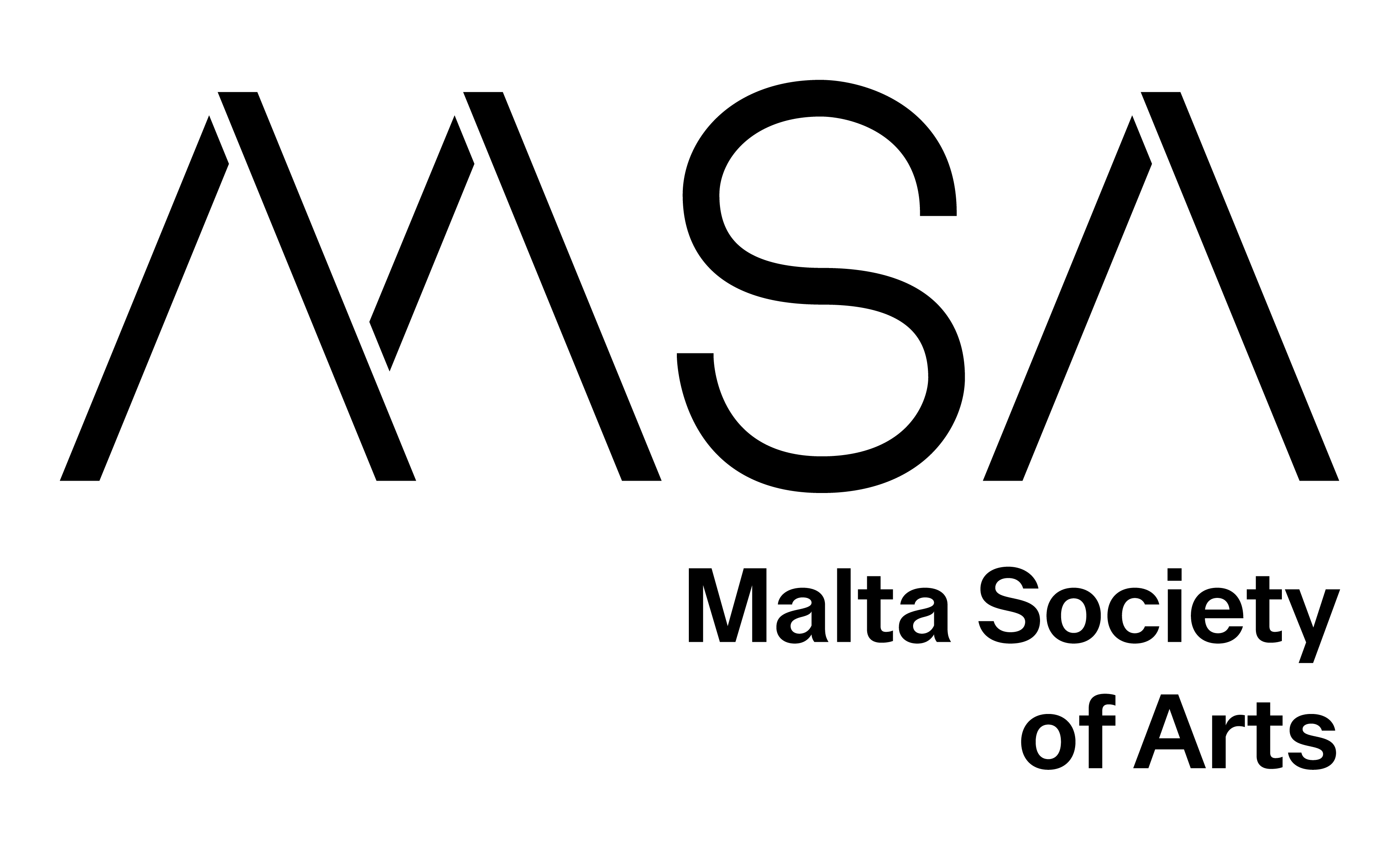Bodies and bodily parts encoded as feminine and queer have historically been linked as a generative medium for the emergence of biological monstrosity. From narratives on cancer and disease to the monstrous maternal, the scientific and medical gaze that examines these bodies and bodily parts looks upon them from a lens and framework that cannot escape its history of fetishisation and objectification of gendered embodied difference. This presentation will explore the historical and contemporary connotations of generative and gendered monstrosity in the studies of science and medicine by examining them in regards to the artist’s works Return of the Teratoma and Self-Care, which look at the monstrous recurring figure of the Teratoma and the relationship between breast cancer and genetic inheritance of disease, respectively. Looking at the entanglements between cultural media (especially that of the horror genre), clinical praxis, and politics, this presentation aims to use these artworks as a starting point for critical examination about why particular bodies and bodily components are regarded with suspicion and distrust and how this influences contemporary issues in healthcare and biopolitics.
Lyndsey Walsh is an American artist, writer, and researcher based in Berlin, DE. Lyndsey has a Bachelor’s in Individualized Studies from New York University and a Master’s in Biological Arts with Distinction from SymbioticA Centre of Excellence in Biological Arts at the University of Western Australia. Lyndsey is enthralled by the ruptures in the corporeality of culture caused by technology. They are also fixated on the creatures born from these ruptures that embody collective cultural fears and technologically mediated desires. Lyndsey’s practice sets out to question the cultural binaries of human-non-human, diseased-healthy, and life-machine. Currently, Lyndsey is the first and only residing artist of the Department of Experimental Biophysics at Humboldt Universität zu Berlin. Their work has been featured in events and with institutions such as Frieze Art Week New York, the Humboldt Forum, the Ural Biennial, the Berlin Biennale, Athens Digital Arts Festival, Transmediale/CTM, and more.
Back







